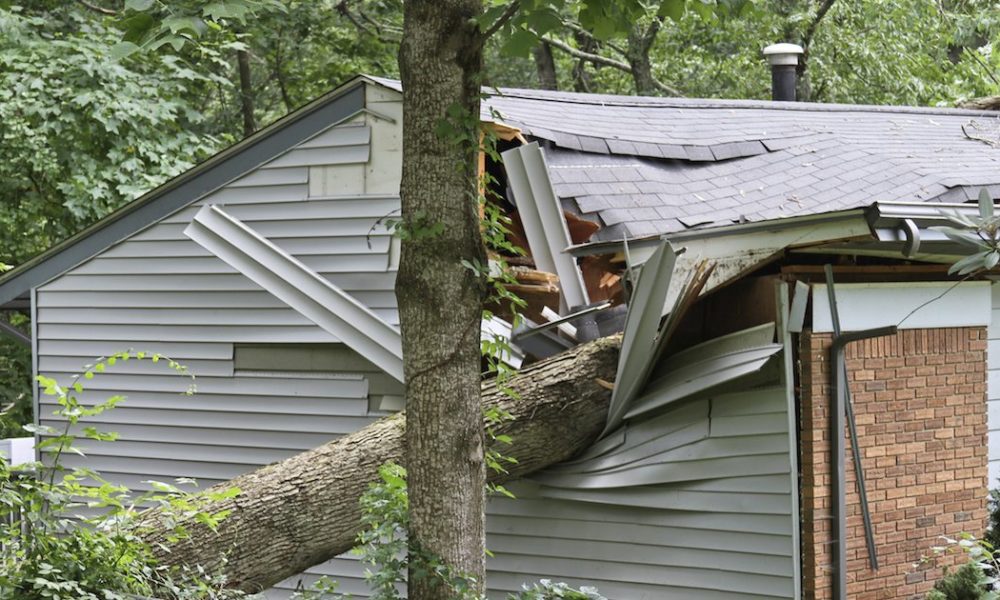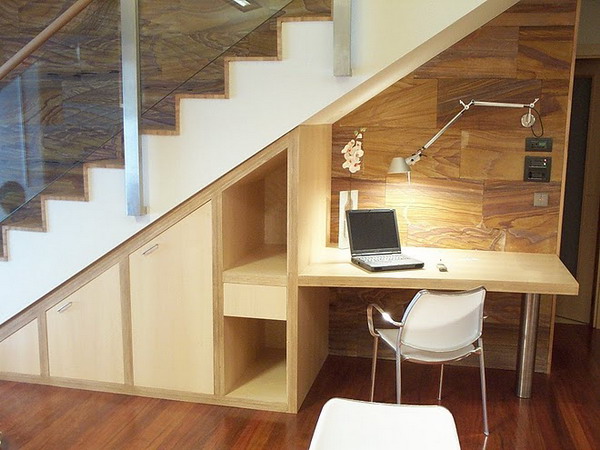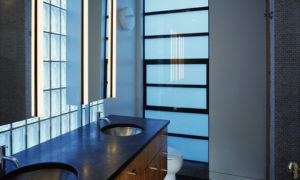Architecture
Home Ownership Rates Are Dropping, but Why?

The United States housing market is slowly bouncing back from 2008, but the recovery hasn’t been as steep as most economists hoped. Homeownership is currently at its lower rate in 50 years, sitting at 63.7% back in 2015. That number is expected to slide further as more renters make up the bulk of the housing situation in the US. A recent study attributes some of the shift in attitude away from homeownership to several factors, as the costs to own can quickly escalate. Many people prefer to live within a city’s limits, where renting is more common. People are also waiting longer to get married and have kids, which contributes to being renters longer. Perhaps the most significant indicator is stagnant wages. Median household income went up 1.2% in 2014 for the U.S., but sales prices for new homes climbed as high as 6.6% for new homes and 4.7% for existing homes. The housing market itself is experiencing low inventory of starter homes. A look at the median size of homes reveals that the average household has exploded in size.
Foreclosure Problems
Foreclosures are another barrier to homeownership as it turns owners into renters. The annual rate of forfeiture is now about twice what it was before homeownership decline, but experts believe that rate will stabilize soon. High rates of foreclosures are a symptom that lenders are too loose with their loans, which could lead to a housing crash. The 2008 crash was partly caused because sub-prime mortgages were sold as better investments than they were.
Student Debt
Plenty of young adults are graduating from college with a mountain of debt over their heads. A study conducted of student loan payments found that nearly one-fifth of young renters have student loan payments that exceed 14% of their income. The Consumer Financial Protection Bureau labels that debt as highly burdensome.
Credit Score Problems
Another factor leading to poor homeownership rates is falling credit scores. Lenders don’t want to let people with 700 or below borrow money for mortgages. That trend has been continuing since 2010, making it hard for low-income and minority families to upgrade from renters to homeowners.
Extra Costs
Sometimes people want to avoid the additional associated cost with homeownership like maintaining property and insurance. Renters insurance is typically much cheaper than home insurance since it only covers a person’s belongings. Renters looking to become homeowners should always shop around to find the best home insurance quotes before you make the leap into signing for a mortgage, as it can be quite expensive including taxes and insurance, in addition to the mortgage.
High Rent
High rent costs also make it hard to save enough for a down payment on a home, which is driving down homeownership rates. Cost-burdened renters who put more than 30% of their monthly income towards rent can scarcely save for a down payment. Federal programs aren’t helping out with housing assistance, which pits low-income families against one another in finding new places to live. A look at the average renter in the United States found that those between 25-34 had less than $6,000 saved in the bank.


